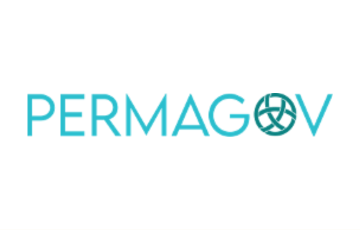
PERMAGOV (Multi-layer governance performance of marine policies) aims to contribute to the realization of the EU Green Deal objectives by improving implementation and performance of EU marine policies. PERMAGOV’s project objectives are: 1) co-developing and applying a Marine Governance Performance Assessment Framework to assess how institutional barriers, formal and informal collaborations and e-governance tools enable and constrain the capability of actors to implement EU marine policies within the areas of Marine Energy, Maritime Transport, Marine Life and Marine Litter; and 2) co-producing Multi-Layered Collaborative Marine e-Governance Strategies which enhance the capability of end-users to contribute to the implementation of EU marine policies related to the four marine issue areas to achieve the EU Green Deal goals. PERMAGOV will contribute to the improved performance of marine polices and a successful implementation of the EU Green Deal objectives, by an assessment of 9 cases (De-carbonizing shipping, Motorways of the Sea (Maritime Shipping), Seabed integrity, Sustainable fisheries in MPAs (Marine Life), Floating Wind, Energy island, Offshore Wind (Marine Energy), Marine litter (Baltic and Mediterranean Seas)(Marine Plastics)), focusing on the enabling and constraining conditions of institutional barriers and the possibilities for multi-layered collaborative and e-governance. Characteristics for PERMAGOV is co-production and co-creation from the start to the end of the project and beyond. Together with end-users and stakeholders from maritime industries, NGOs, researchers and policymakers the Performance Assessment Framework will be developed and applied, in co-production the cases will be assessed, innovative Governance Strategies will be developed and digital tools will be improved in order to overcome the barriers hampering the performance of marine policies and the successful implementation of the objectives of the European Green Deal.